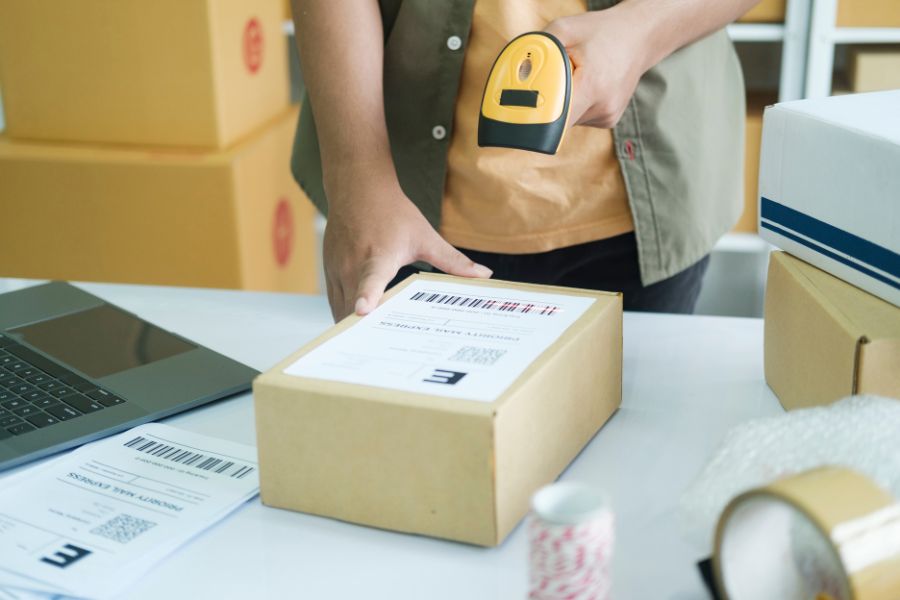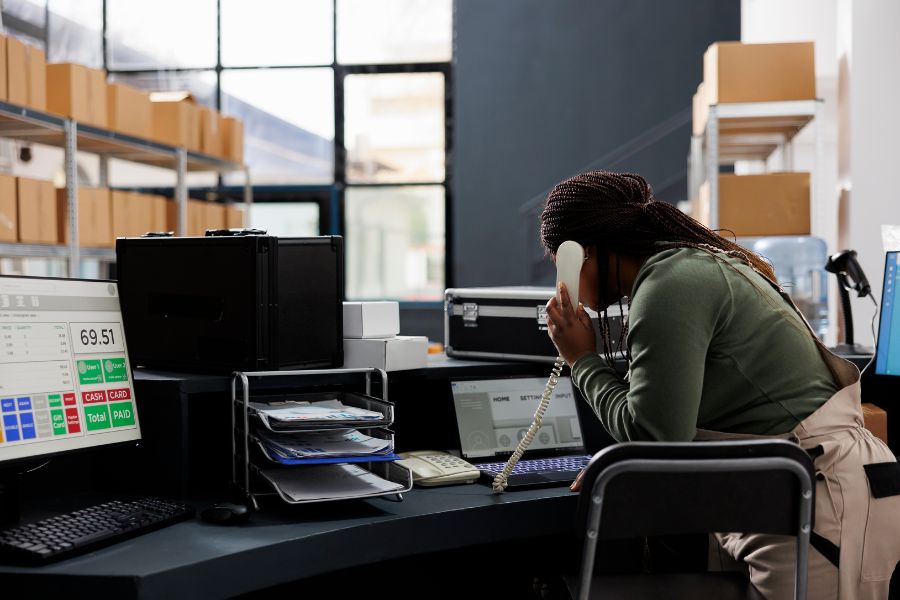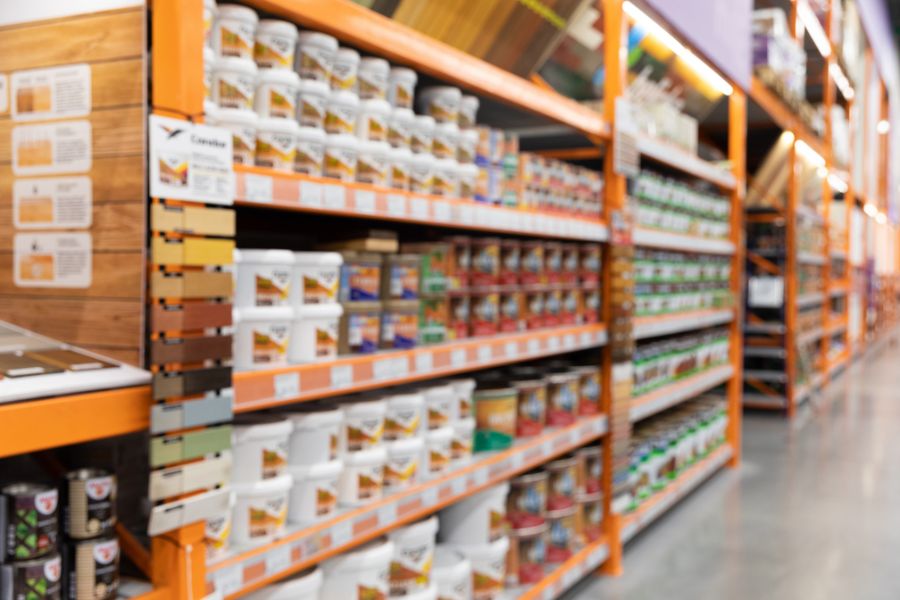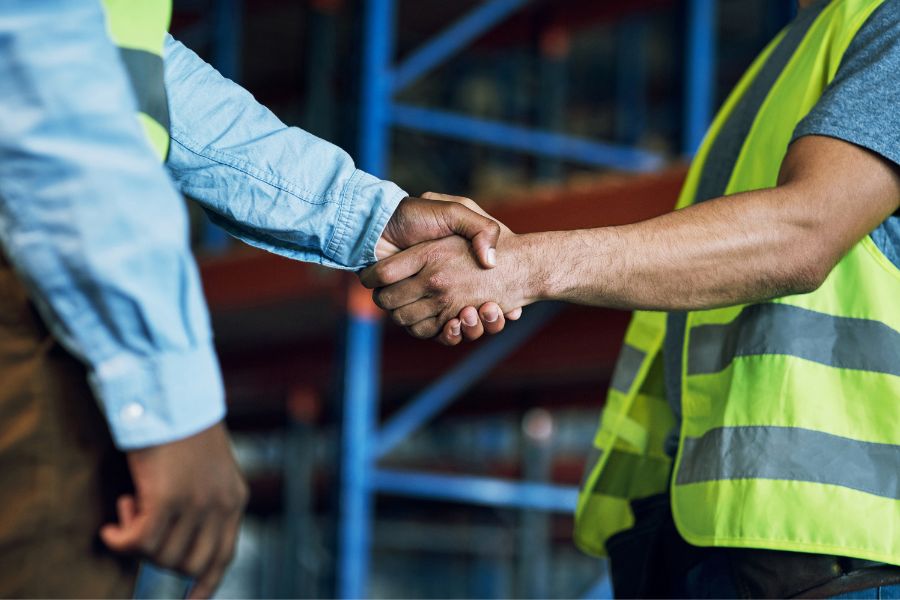Importance of Collaboration in Driving Sustainable Packaging Solutions

Working with other companies and institutions is an excellent way to drive sustainable packaging solutions and lower your carbon footprint. Whether you’re already making the move to environmental packaging or looking for ideas on how to get started, collaboration can make a big difference. Here’s what to consider, so you can protect the products you’re shipping and make things easier on the environment at the same time.
What is Sustainable Packaging?
Sustainable packaging is designed with the environment in mind, in a way that also carefully protects products. From boxes to bottles to custom designs, there are sustainable alternatives that offer quality packaging solutions for every kind of company and product line.

How Does Collaboration Play a Role in Sustainable Packaging?
Companies often require sustainable packaging solutions, yet they might be unsure of where to begin their search. Most companies don’t produce their packaging internally; instead, they partner with packaging distributors to procure suitable containers and shipping options. However, if these collaborations are not with the right suppliers and distribution companies, then your company could be missing out on business relationships that will help you reach your bottom line and sustainability goals.

Existing Challenges with Collaboration in the Supply Chain
Managing the supply chain can be a complex and frustrating task at times but is ultimately a rewarding experience. Although achieving collaboration within the supply chain can be challenging, there are methods that can be utilized to improve cooperation between suppliers, producers, and distributors, to strengthen sustainability goals. Here are some of the key challenges that manufacturers, packaging producers, and business owners face when trying to establish effective collaboration:
Lack of communication
Ineffective communication stands out as a major issue for companies across the entire supply chain, spanning from manufacturers and packaging to shipping, transportation, and finally, retailers catering to end users. When individuals or companies fail to engage in meaningful dialogue, productivity suffers greatly. Communication is key to any successful collaboration. Manufacturers and packaging producers need to be able to communicate effectively with each other in order to share information, coordinate activities, and resolve problems.
Resistance to change
Resisting change can significantly impede a company’s growth and performance. When organizations adhere to fixed practices over an extended period, embracing substantial shifts can seem daunting. In some instances, there might be a reluctance to embrace change altogether. However, the consequences of avoiding change extend beyond internal dynamics. Companies that remain unyielding and fail to evolve risk falling behind their competitors, missing out on opportunities for innovation, market expansion, and enhanced customer engagement, all while potentially neglecting vital collaborative ventures and sustainable practices that drive long-term growth. Being open to change and welcome to improvements is crucial for a healthy business operation.
Varying goals and priorities
While each company sets its own goals and priorities, achieving high performance in the supply chain demands a collective commitment to collaborate on shared objectives. Sustainability for a business is a broad goal since it is a complex issue and does not have a single solution. It’s important to identify what sustainability means to your business and make sure the goals and priorities are aligned internally. Neglecting this can lead to division and hamper progress, underscoring the critical role of unified alignment to facilitate a seamless and effective operational flow.
Limited resources
Not all companies possess unlimited resources. For example, even with a great sustainable packaging design, the raw materials need to be sourced, and the packaging still has to be developed, created, and marketed for it to be successful. This principle extends beyond the packaging industry; it applies to products, shippers, and all participants in the supply chain.

Key Players in a Sustainable Packaging Solution
In the development and utilization of sustainable packaging solutions, there are several key players. Collaboration is essential for success because creating environmental packaging and getting it into widespread use is a group effort. However, if any of these stakeholders lack commitment, it could jeopardize the achievement of sustainability objectives and hinder progress toward the ultimate goal of establishing and promoting a circular economy.
Manufacturers
Manufacturers require packaging that aligns with their products, facilitates secure shipment to retailers, and ensures end-user satisfaction. As demand continues to increase for sustainability initiatives, this entails employing sustainable materials for packaging design to meet durability and shipping demands, whether for local or international distribution. Additionally, manufacturers with direct-to-consumer shipping models must ensure their packaging solutions endure the rigors of long-distance transport across various regions.
Retailers
Retailers are key players in driving sustainability initiatives. Because retailers determine what goes on their shelves, they will be paying attention to what the market demands, as well as sustainable products and recyclable packaging that are growing in demand. In addition to catering to market demands, retailers also need to make sure that packaging is still in sellable condition once it reaches the store with an optimal shelf life and attractive display qualities. Regardless of whether sustainability plays a role in the product packaging if customers are not drawn to the product on the shelf, then it likely isn’t going to warrant shelf space beyond the initial order.
Consumers
Consumers dictate market demands by what they choose to purchase. Therefore when consumers demand sustainable alternatives to their favorite products, there’s an opportunity to fill a need. Consumers have a powerful influence in driving sustainable packaging efforts. Their thoughtful decisions have a ripple effect throughout the supply chain, forcing manufacturers and retailers to respond to the growing demand for eco-friendly alternatives. Consumers are dynamic agents of change by actively choosing products packaged in environmentally responsible materials and advocating for reduced waste. Their collective voice in recent years has shaped industry norms, encouraging innovation and inspiring stakeholders to adopt sustainable practices that reflect the values of today’s consumer base.
Government agencies
Governmental agencies play a crucial role in the development and design of sustainable packaging due to their oversight of packaging regulations. These regulations are in place to ensure public safety and minimize environmental impact. Moreover, packaging must accurately represent its contents, and inadequate representation or protection can lead to products being unfit for shelves, potentially affecting businesses.
Non-profit organizations
Numerous non-profit organizations operate with constrained resources, seeking to maximize the impact of their choices. This enables them to better serve others and allocate the bulk of their resources towards their mission, rather than internal operations. Such organizations prioritize sustainable and high-quality packaging solutions for shipping items to supporters and stakeholders, aligning with their commitment to efficiently aid those they serve.
Academia
Within academia, a wide array of sustainability studies are underway. While many might not immediately associate academia with sustainable packaging design, it indeed plays a pivotal role. Research outcomes introduce novel products, compounds, and solutions, thereby guiding companies toward newfound avenues for enhancing sustainability in packaging choices.

Why Collaboration is Important When Implementing Sustainable Packaging
There are numerous reasons to examine the value of collaboration in sustainable packaging design. Achieving sustainability goals becomes more feasible through packaging solutions that are mutually agreed upon. This encompasses a spectrum of options, including plastic packaging, cardboard boxes, paper, and compostable packaging options. Incorporating durable, retailer-friendly, and customer-approved sustainable packaging materials can make way for a swifter achievement of sustainability goals.
Increased knowledge sharing and expertise
Recyclable materials are great choices for eco-friendly packaging in the United States and other countries. When one company wants to implement sustainable options, though, they need a partner who understands their goals and desire to reduce carbon emissions. The more companies work together for a minimal impact on the planet, the better it is for everyone involved.
Better problem-solving through diverse perspectives
Diverse perspectives hold significant importance, especially concerning the utilization of natural resources. These viewpoints can be used to understand consumer preferences while reducing packaging waste. The food industry as well as the beauty industry grapple with considerable packaging challenges. Ready-to-go food products notoriously contribute to single-use plastic waste. Collaborative efforts in addressing sustainability-related concerns are necessary to ensure effective problem-solving.
For instance, despite increasing demand for sustainable products and regulations around single-use plastics and plastic bags, there is an increase in the amount of plastic waste on our planet today. The second Plastic Waste Makers Index, found that the world generated 139 million metric tons of single-use plastic waste in 2021, which was 6 million metric tons more than in 2019, when the first index was released. The index noted that the additional waste was almost entirely made from fossil fuel-based “virgin” feedstocks.
Enhanced innovation and creativity
Brands willing to adapt their manufacturing processes can derive substantial benefits from engaging with sustainable packaging suppliers. Embracing innovations like compostable materials and biodegradable packing peanuts present an avenue for delivering quality packaging while simultaneously prioritizing different solutions to the impact we have on our environment.
Improved efficiency and cost-effectiveness
Collaboration enhances efficiency and cost-effectiveness across the board. Moreover, it can enhance a brand’s image among environmentally-conscious customers, who appreciate reduced environmental impact. Encouraging customers to recycle or reuse the packaging when it’s finished will also help spread the message of your brand values.
Gain stakeholder buy-in
Numerous companies provide eco-friendly packaging options not only out of their own commitment but also in response to stakeholder expectations for environmental responsibility. Over the past decade, there has been a significant increase in demand for design features that are friendly to the environment and that extend beyond the products to the packaging as well.
Partner with a Packaging Solutions Provider to Streamline Collaboration
When aiming to streamline both collaboration efficiency and environmental sustainability, a strategic business partner equipped with expertise in packaging solutions is essential to your bottom line. Paramount Global understands the importance of balancing quality packaging solutions with care for the planet. By teaming up with dependable packaging experts, you gain the freedom to select packaging that aligns with your needs while reflecting your commitment to both product quality and care for the planet.
Your products deserve superior packaging, and the care your company shows in ensuring product safety and environmental responsibility won’t go unnoticed by your customers and end-users. Contact us today to discover how we can be a partner for you in achieving your sustainable packaging goals.
Hayley is a marketing professional and copywriter with a background in crafting content for a diverse range of industries. She has been writing about packaging and supply chain logistics for Paramount Global since 2022. She specializes in explaining complex topics in a clear and engaging way and is an advocate for sustainability in packaging and supply chain management.
Read More
For over forty years, Paramount has been delivering perfectly integrated packaging and supply chain solutions.
